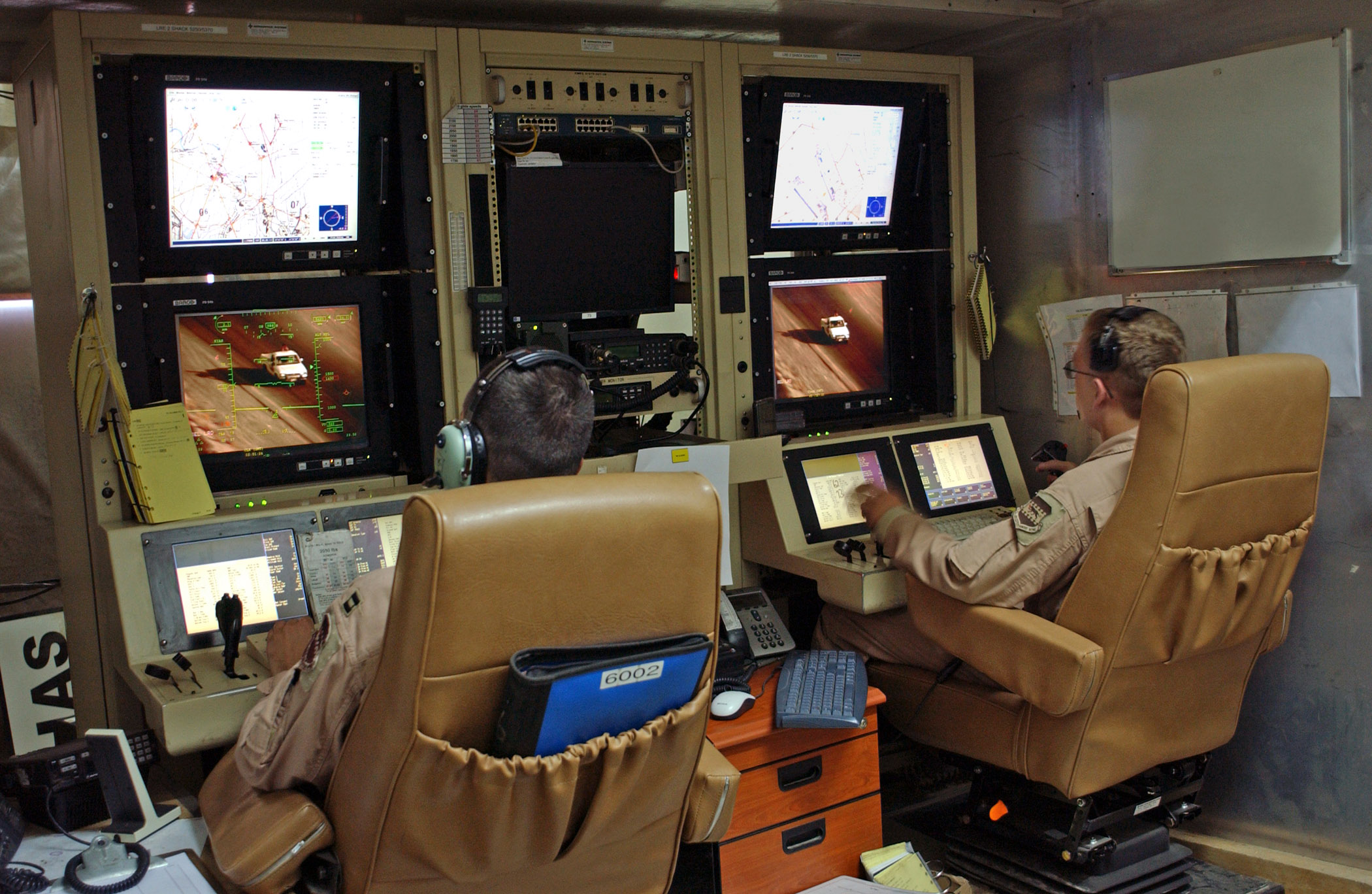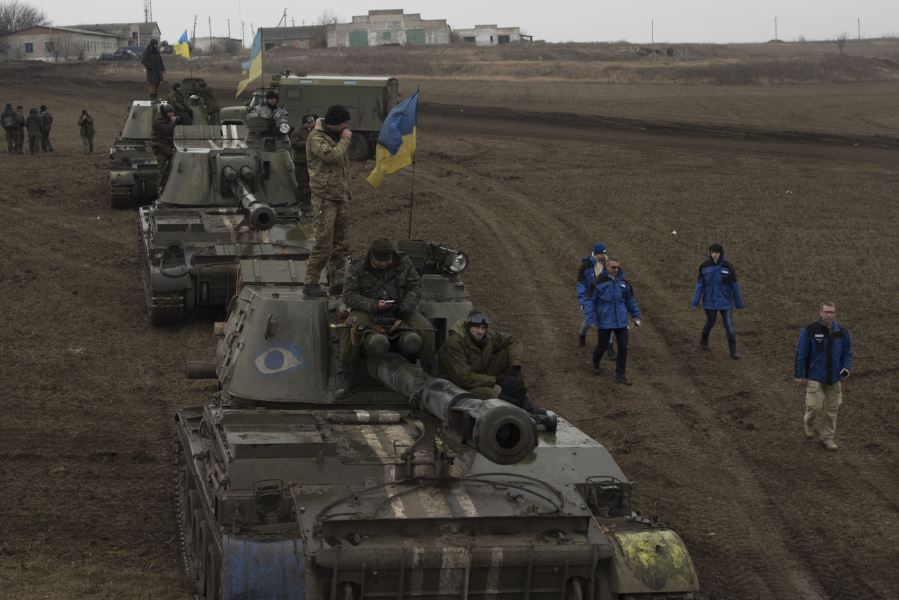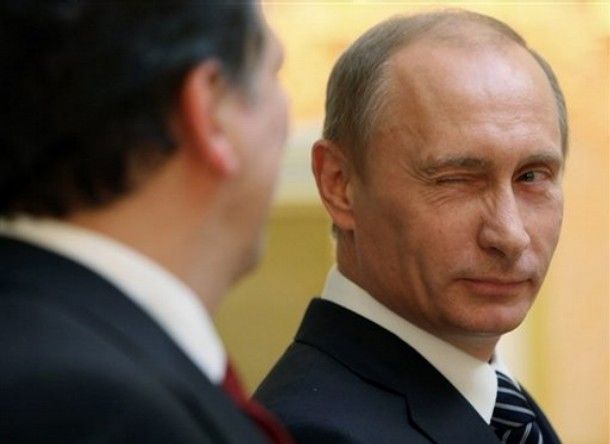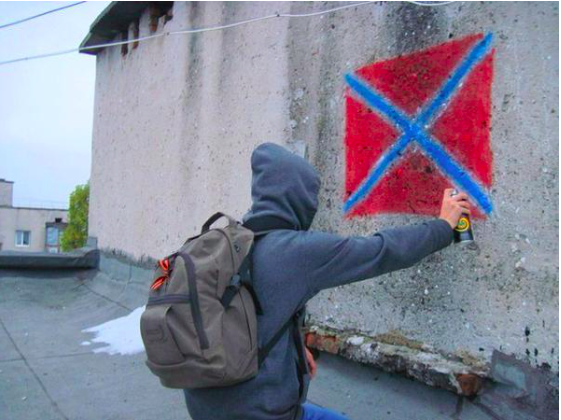In military theory, it is said that it is crucial to “know thy enemy.”
As Sun Tzu explains, the ability to be aware of a foe’s strengths, limitations, vulnerabilities, and motivations can be an obvious advantage in battle.
However, does the nature of warfare change when a combatant knows his or her opponent personally?
The past 350 years of modern warfare have seen countless battles fought between anonymous forces. To each side, the enemy has been perceived as a coalition of nameless and faceless soldiers. Casualties have morphed into unimaginable statistics, and many are buried in unmarked graves.
This anonymity may soon be a relic of the past.
The extraordinary technological advancements of the 21st century have “personalized” warfare to an extent that is simply astounding. Drone pilots are the bearers of what journalist Matthew Power terms a “voyeuristic intimacy” with their targets, while cyberattacks have increasingly begun to target specific individuals, with one notable case being the online intimidation of the immediate families of Danish soldiers in September 2007.
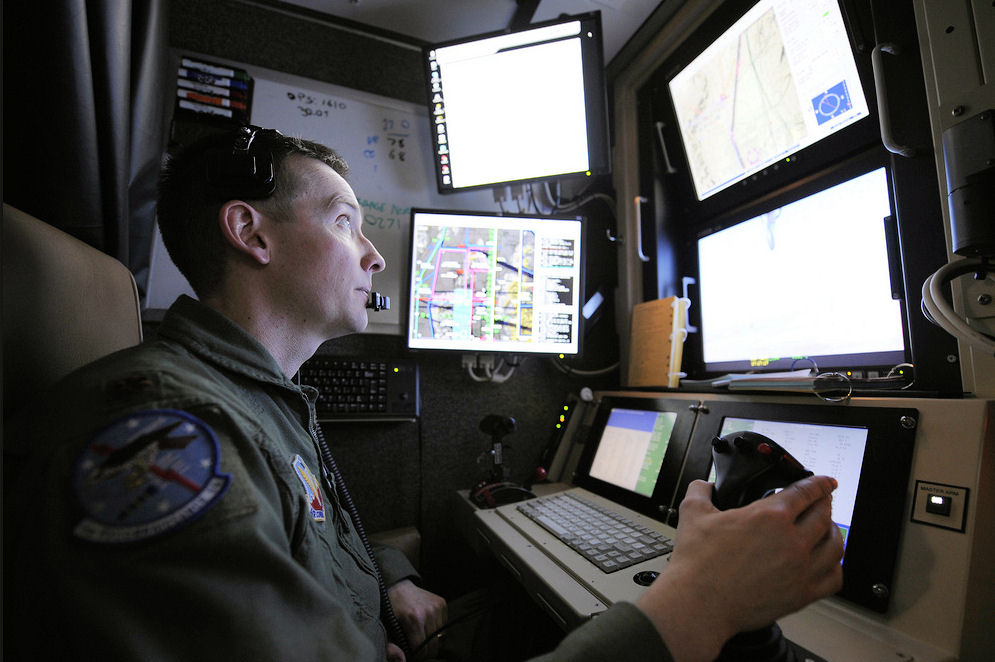
However, while the technologies used to perpetrate this hyper-personalized warfare may be unique to the 21st century, the concept of personalized warfare is not new at all. It predates modern warfare entirely. In fact, it predates the concept of the nation-state itself.
Until the mid-17th century, war was a highly personal undertaking. Since the nation-state did not yet exist as a concept, belligerents were always non-state actors: families, religious sects, businesses, villages. The causes of these wars were often personal matters: a family dishonoured by its neighbour; a business wronged by its competitor.
Indeed, even the methods of warfare themselves were often inherently personal: assassinations, bribery, and various forms of subversion were often utilized to settle disputes.
When the 1648 Peace of Westphalia inaugurated the concept of the European nation-state, governments established formal and exclusive control over their militaries, in an attempt to make warfare more “orderly.”
Perhaps intentionally, in an active attempt to blunt the psychological trauma packaged with taking a life, these attempts at “organizing” warfare made it more much impersonal. Throughout the initial generations of modern warfare, opposing soldiers lacked both a personal relationship with their enemy, as well as a basic sense of their foe’s humanity.
The soldiers of generations past were able to psychologically distance themselves from the act of killing because, while they might have known their opponent’s tactics, motivations, and capabilities, they did not truly know their enemy. Until now.
This new generation of warfare has reverted combat back to its pre-modern ancestry. Violent non-state actors are now the principal belligerents, while subversion tactics and decentralized hybrid warfare are now supplanting conventional assaults.
However, while combat roles have seemingly jumped back centuries in time, 21st century technology has caused the “personalized” nature of warfare to take a great leap forward.
Civilians themselves have been unwittingly responsible for adding fuel to the fire, so to speak. Incomprehensibly large amounts of public information are uploaded to the internet every minute. A 2012 study found that 90% of all internet data had been created in the previous two years.
Corporations have already recognized the potential for harnessing this “Big Data,” as it is known, and its marketability can be seen in the personalized advertisements visible on popular social networks such as Facebook and Twitter. “Big Data” corporations have compiled “digital dossiers” on millions of regular internet users, which are then marketed to retailers and advertisers.
However, in recent years, “Big Data” has not only been commercialized, but “weaponized” as well.
The militarization of personalized cyber-warfare was on full display in early June, when Chines e hackers compromised the personnel records of over four million American government employees.
e hackers compromised the personnel records of over four million American government employees.
The target of the personnel records themselves is reflective of the personalized nature of this new generation of cyber-warfare, as this information does not hold significant value on the black market compared to stolen credit cards or health records. Instead, these records can be leveraged as assets for internal subversion, bribery, or blackmail.
This “weaponization” of “Big Data” is not only limited to text records, but extends to images as well.
Recent estimates have found that Facebook and Instagram users upload an astounding 350 million and 216,000 photos per minute, respectively.
Meanwhile, commercialized facial recognition software has advanced to the point of near-weaponization, with the United States military actively developing drones that can identify a subject from a distance an
d from a variety of angles.
This future coupling of “digital dossiers” and facial recognition softwares will soon allow militaries to seek and destroy very specific members of an enemy force, such as battlefield commanders or technicians with unique skill-sets.
This has immense implications for the future of personalized warfare, as targeted killings could eventually displace conventional assaults in both frequency and tactical value.
Harvard Professor Gabriella Blum has extensively explored the potential for modern warfare to evolve (or devolve, depending on one’s perspective) into a form of drone-based international policing, in which the specific targets are either guilty or threatening individuals
This has the potential to elevate the prevalence of psychological complications in wartime to an unprecedented level.
A 2011 psychological assessment of approximately 840 drone pilots found that nearly half suffered from “high operational stress.” The risk of developing post-traumatic stress disorder (PTSD) is also endemic in drone operators.
“To extinguish a person’s life is a very personal thing,” expresses a drone pilot nicknamed Slim. “While physically we don’t experience the five senses when we engage a target — unlike [how] an infantryman might — in my experience, the emotional impact on the operator is equal.”
Given the recent strides towards improved personalization of warfare, the emotional impact on these drone pilots might soon exceed that of a conventional pilot or infantryman.
It is not uncommon for drone operators to develop an intimately one-sided relationship with their targets, as they are often stalking them from the skies for weeks, sometimes months.
In an illuminating 2013 GQ interview with journalist Matthew Power, drone “whistleblower” Brandon Bryant revealed the extent of the private knowledge he had of his targets.
“It was a voyeuristic intimacy,” writes Power. “He watched the targets drink tea with friends, play with their children, have sex with their wives on rooftops, writhing under blankets. There were soccer matches, and weddings too. He once watched a man walk out into a field and take a crap, which glowed white in infrared.”

Bryant then hauntingly recalls his first ever kill as a drone pilot. “The smoke clears, and there’s pieces of the two guys around the crater. And there’s this guy over here, and he’s missing his right leg above his knee. He’s holding it, and he’s rolling around, and the blood is squirting out of his leg, and it’s hitting the ground, and it’s hot. His blood is hot. But when it hits the ground, it starts to cool off; the pool cools fast. It took him a long time to die. I just watched him. I watched him become the same color as the ground he was lying on.”
Brandon Bryant’s kills were unique because his personal, if one-sided, relationship with his targets allowed him to recognize that they themselves were unique individuals. This perspective is seldom available to frontline soldiers.
The tagline for Bryant’s GQ exposé reads: “Meet the 21st-century American killing machine, who’s still utterly, terrifyingly human.”
And herein lies the future of warfare: as it becomes more individualized, as those who fight begin to know their enemies personally, soldiers will become the most human that they have ever been.

